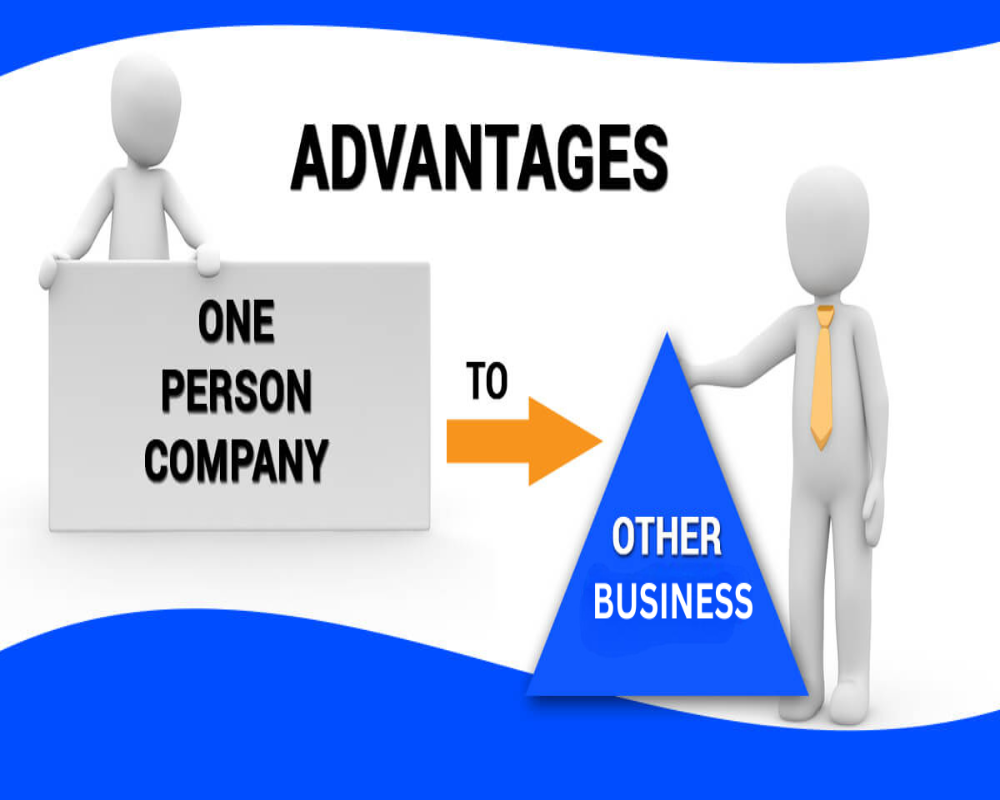Legal Recognition and Status
- OPC has a separate legal identity, unlike a sole proprietorship, where the owner and business are one.
- The company can sue and be sued in its name, improving legal clarity.
- Ownership of property and contractual rights is vested in the company, not the individual.
- This structure enhances business credibility in formal transactions.
- It aligns with corporate governance standards, unlike informal setups.
Limited Liability Advantage
- The personal assets of the member are not at risk for business losses or debts.
- Liability is limited to the amount invested in share capital.
- In contrast, sole proprietors and partners have unlimited personal liability.
- This feature protects the entrepreneur’s savings and personal wealth.
- Encourages risk-taking and innovation with a financial safeguard.
Ease of Control and Management
- A single individual manages and owns the entire company.
- Decision-making is fast without requiring partner or board approval.
- The owner can act as both director and shareholder, reducing overhead.
- There is no risk of conflict or disputes with partners or co-founders.
- The structure is ideal for solo entrepreneurs with full autonomy.
Structured Succession Planning
- OPC mandates the appointment of a nominee during incorporation.
- The nominee takes over automatically in case of the owner’s insolvency or incapacity.
- This ensures business continuity without disruption.
- Other business forms may face dissolution or complications on the owner’s demise.
- It supports a clear and smooth transition of control.
Better Compliance and Business Image
- OPC is governed by the Companies Act, lending it greater legitimacy.
- Businesses registered as companies are trusted more by banks, vendors, and customers.
- It helps in building a professional image and credibility.
- Compared to unregistered structures, OPCs are eligible for formal contracts and bids.
- Professional status also aids in hiring and attracting partnerships.


0 Comments